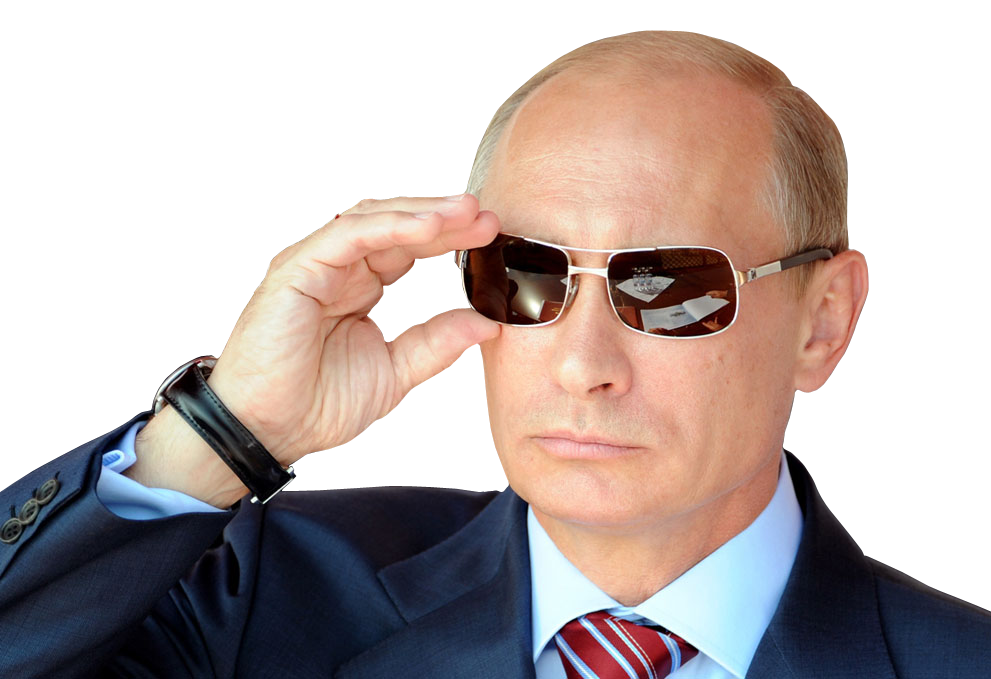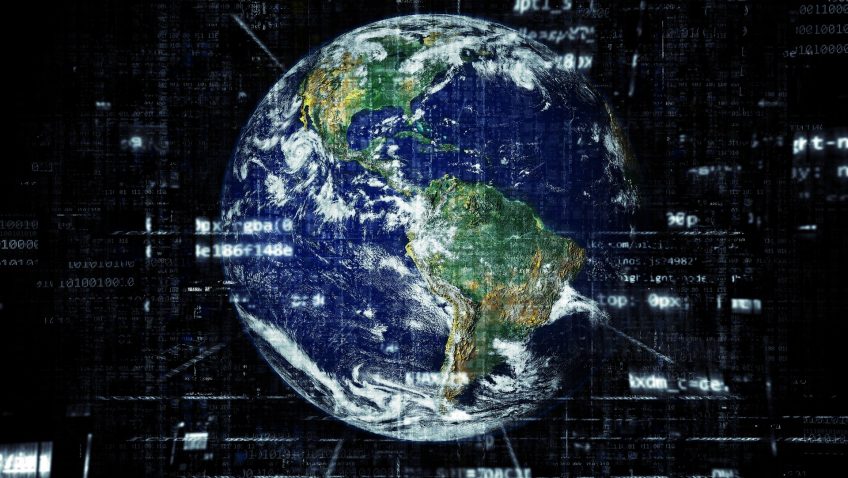Politics is a pretty inaccurate area. It would certainly be a mistake calling it science, since there are no generally acknowledged and accepted system of facts, or formulas that would give us an instrument to somehow use those facts in order to come to a sought conclusion, just as there is no way to prove that particular facts have direct impact on other particular facts.
It is definitely not sports, seeing there rarely is a clear winner in a competition, if we let ourselves call political disputes this way. So how can we reach a full understanding of such a highly important and influencing field as politics?
Personally I prefer to consider politics as art.
Art doesn’t have clear boundaries to stay within, art doesn’t need to be proven to anybody since its beauty is simply in its out existence and its impact on others, and the best part for us is – we don’t have to understand it! We might observe it, try to influence it, feel a need to join some movement, or we can simply create one of our own, that will be different from others in one way or another.

One could ask: “So how exactly does it help us? I mean, politics is something that has the most global effect on the world surrounding us, our lives basically depend on which decisions will the government make. Wouldn’t it be easier for everybody to imagine it as science and to know exactly what actions to take in one case or another?” Maybe it would be possible lots of years ago, but definitely not today. And I am about to explain to you, what exactly has changed since, let’s say, the transition from a monarchic system to something that we know nowadays as democratic state system.
Leaving politics to educated class
Without a doubt, monarchy as a system has proven to be relatively unstable in most of European countries. French underwent a painful revolution in the second half of the XVIII century, leading to the creation of a so-called Second Republic (1848-1851), when first more or less democratic elections were held, when Napoleon III came to power as first president of France chosen by his own people. Sure, it didn’t take long for him to organize a coup which lead to the reestablishment of the French Empire until its fall in 1871, but still this became a pretty significant phenomenon. Germany, on the other hand, has held its first elections no sooner than 1919, being then Weimar Republic. Those elections were not so democratic, for there was a special committee convened to come up with a candidate to rule the country, Weimar National Assembly. Per contra, we still have The United Kingdom, which can proudly call itself a monarchy that remains successfully operating even nowadays. But it is important to notice that


